Is wifi harmful for humans?
The life of a modern person is unthinkable without information technology. The desire to always and everywhere stay up to date with events and have unlimited access to information explains the wild popularity of the Wi-Fi network. Almost every family on the planet uses this miracle of technology. But a reasonable question arises: how safe is this invention for users? This article will help you find the answer.
The content of the article
What is Wi-Fi?
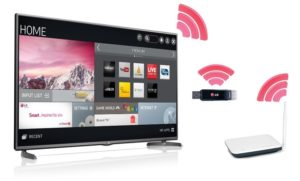 Translated from English, this abbreviation stands for high-precision wireless data transmission (Wireless Fidelity). The operating principle of this phenomenon is based on the ability of certain radio waves to transmit information from one device to another. To do this, you just need to get a broadcasting device - a router and a receiver - a smartphone, tablet or computer.
Translated from English, this abbreviation stands for high-precision wireless data transmission (Wireless Fidelity). The operating principle of this phenomenon is based on the ability of certain radio waves to transmit information from one device to another. To do this, you just need to get a broadcasting device - a router and a receiver - a smartphone, tablet or computer.
How harmful is a Wi-Fi signal?
Numerous studies have proven that radio waves, to which the described phenomenon belongs, can have a detrimental effect on the condition of living beings. In general, two main impact options can be distinguished:
- changes in body temperature and internal organs. Wave radiation penetrates the planet right through and easily passes through living organisms, causing involuntary heating of tissues;
- influence on the course of processes in the body.Acceleration or slowdown of metabolism, failure in the manifestation of reflexes has a detrimental effect on the functioning of vital systems.
But, in addition to scientific research, the WiFi phenomenon, which has not been fully studied, is surrounded by all sorts of guesses.
The most popular myths about Wi-Fi
Devices become infected with viruses via WiFi
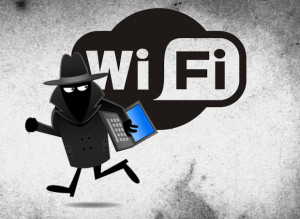 Wi-Fi is just one way to transfer information. Along with the usual connection via a network cable, it only provides access to the Internet. And the appearance of malware occurs when viewing dubious content or downloading unreliable software.
Wi-Fi is just one way to transfer information. Along with the usual connection via a network cable, it only provides access to the Internet. And the appearance of malware occurs when viewing dubious content or downloading unreliable software.
The radiation from the router is high power
Ordinary people tend to compare the degree of harm of Wi-Fi with household appliances and smartphones. Mobile phones operate at a power of 1 W, while the power of a Wi-Fi device, even at maximum frequency, does not exceed 100 mW. Therefore, we can safely say that WiFi has a lesser impact compared to smartphones and other gadgets.
Reference! The Wi-Fi router and the microwave oven operate on the same frequency. But the radiation from a household appliance is 100 times higher than that of a network device.
Speculation is speculation, but the fears of ordinary people are well founded.
Consequences of using WiFi
 Many active netizens note a deterioration in their health towards the end of the day. A headache appears, and minor changes in blood and intracranial pressure occur. Some scientists trace a connection between the increasing incidence of Alzheimer's, Parkinson's and brain cancer and the widespread use of electromagnetic waves. This hypothesis has not yet been proven. But there are already some conclusions about the impact of radiation on human health.
Many active netizens note a deterioration in their health towards the end of the day. A headache appears, and minor changes in blood and intracranial pressure occur. Some scientists trace a connection between the increasing incidence of Alzheimer's, Parkinson's and brain cancer and the widespread use of electromagnetic waves. This hypothesis has not yet been proven. But there are already some conclusions about the impact of radiation on human health.
Important! Wi-Fi itself is not as harmful as prolonged use of mobile devices powered by a wireless network.
Official opinions of doctors and scientists
At the moment, scientists cannot answer unequivocally whether Wi-Fi is safe for humans.
So, Head of the Ministry of Health of England William Stewart says that minor radio waves affect the human body. But this radiation is 600 times below the permissible norm.
Some scientists do not undertake to give categorical assessments, because the technology itself has come into use recently.
Doctor of Medical Sciences David Backstein does not link cancer formation to the use of modern devices. But he notes that "it takes much more time to study their effect on the body«.
 Other representatives of medicine, including radiation hygiene doctor Tatyana Vasilyeva and therapist of the highest category Nadezhda Koloskova, indicate the indirect influence of electromagnetic radiation on the physical condition of a person. Prolonged interaction with a mobile phone or computer deprives the user of the opportunity to spend time outside and breathe fresh air.
Other representatives of medicine, including radiation hygiene doctor Tatyana Vasilyeva and therapist of the highest category Nadezhda Koloskova, indicate the indirect influence of electromagnetic radiation on the physical condition of a person. Prolonged interaction with a mobile phone or computer deprives the user of the opportunity to spend time outside and breathe fresh air.
In general, doctors agree that the impact of Wi-Fi can only be assessed after a ten-year follow-up. But many scientists are already confident that close contact with mobile phones and laptops brings significant harm. By placing a cell phone in a trouser pocket or placing a PC on one's lap, the user risks reproductive problems and even infertility.
How to reduce the impact of radiation on health
 No matter how minimal the impact of wireless data transmission on our body is, it still exists. To protect yourself and your loved ones from the possible consequences of radio radiation, it is enough to adhere to the following rules:
No matter how minimal the impact of wireless data transmission on our body is, it still exists. To protect yourself and your loved ones from the possible consequences of radio radiation, it is enough to adhere to the following rules:
- place the router in a room where family members are least likely to be present (for example, in the hallway) and under no circumstances install it in the bedroom;
- turn off the Wi-Fi connection at night and during long absences;
- reduce the signal reception power on your device. This will not lead to loss of Internet access, but will make it less harmful to others;
- use the headset for conversations via instant messengers WhatsApp, Viber, VK and Skype. Headphones will save the user from headaches and poor health.
The use of gadgets and Wireless Fidelity technology have made modern life convenient and interesting. With the right attitude towards the benefits of civilization, no negative consequences for human health are terrible.
Myth: Cellular connections interfere with Wi-Fi. For example, I have Wi-Fi in my bedroom, but cellular reception in the bedroom is very poor
Myth: Wi-Fi is bad for your health. Any waves in themselves are harmful, etc.



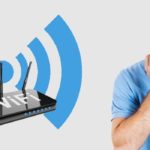
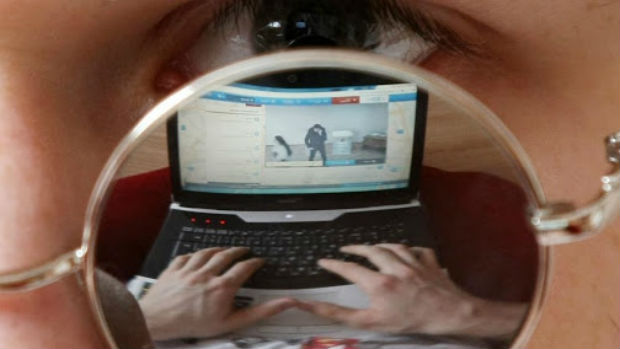
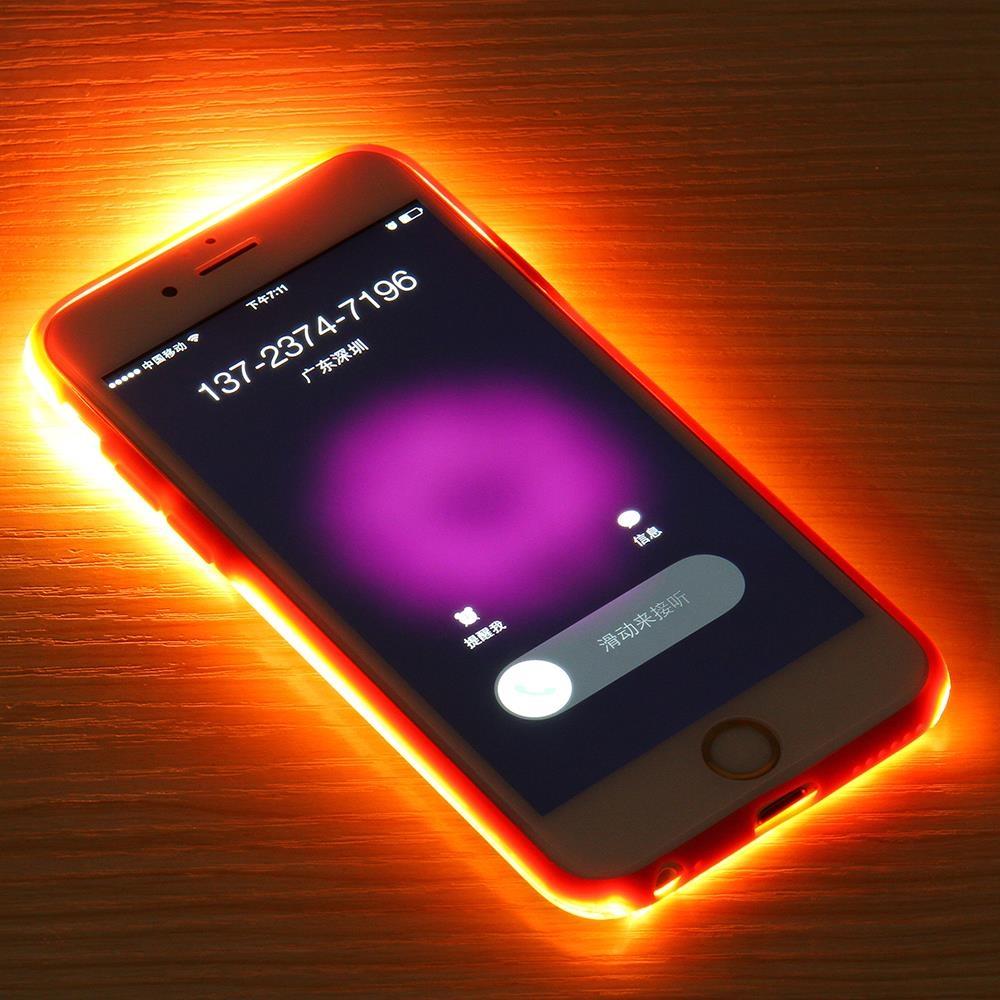
Guys, when you wrote the article, your tin foil hat didn’t fall off your head? Professor Laurie Chellis has officially concluded that the harmful effects of Wi-Fi on human health are a myth. An article for those who are afraid to even stick their nose outside the house without applying protective cream against ultraviolet radiation.